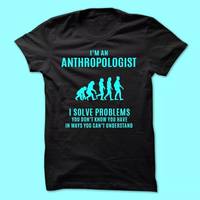- Hellenic Open University, Education, Department MemberUniversity of Macedonia, Dept of Balkan, Slavic and Oriental Studies, Post-Docadd
- History, Anthropology, Social Anthropology, Socialisms, Postsocialism, History of Socialism, Contemporary History of Eastern Europe, esp. Czechoslovakia, and 27 moreEthnography, Visual Anthropology, Eastern European Studies, Migration Studies, Diaspora Studies, Social and Cultural Anthropology, Czech Literature/Czech Culture/Language, Greek Literature, History of Communism, Political Theory, Transition in Central and Eastern Europe, European political cultures, Michel Foucault, Media and Cultural Studies, Cinema and Television, Greek Civil War, Cold War, Refugee Studies, Modern Greece, Television Studies, Modern Greek History, Greece, Greek History, Memory Studies, Czech & Slovak Studies, Modern Greek Studies, and refugees and Educationedit
By the end of the Greek Civil War (1946–1949), about 50,000 Greeks had fl ed to Eastern Europe. The complex conditions of this massive exodus have been thoroughly discussed by historians and social scientists. However, much less is known... more
By the end of the Greek Civil War (1946–1949), about 50,000 Greeks had fl ed to Eastern Europe. The complex conditions of this massive exodus have been thoroughly discussed by historians and social scientists. However, much less is known about the conditions under which a large number of political refugees eventually returned to Greece. The few available studies on the repatriation of such refugees have shown that returning home was a more complicated and demanding process than adjusting to a " host " country. Repatriation was the primary desire of the majority of Greek refugees. However, as the years in Czechoslovakia passed, the hopes of free repatriation diminished. What the refugees were most fearful of was dying in a foreign country, away from their homeland and relatives, something they considered to be a " double death ". Thus, some refugees expressed a " last wish " that at least their bones would be taken back home. The work I present here concerns the diffi culties that this kind of repatriation faced. I attend to the meanings as well as the hopes and fears attached to the notion of " home " as a place of origin to which one yearns to return.
